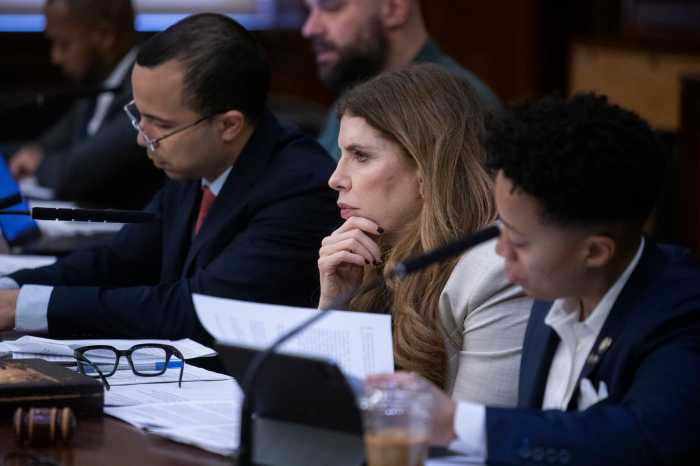Bowing to pressure from activists, prosecutors in Peru have launched an investigation into the suspicious death of a transgender man from Peru who died in custody in Bali after he was arrested for alleged cannabis possession.
Rodrigo Ventosilla (whose surname has been alternatively spelled Ventosilla and Ventocilla in news reports) was 32 years old and attended graduate school at Harvard when he traveled to Bali on August 6 with his partner, Sebastian Marallano, to celebrate their honeymoon. Ventosilla was detained upon arriving at the airport and died five days later after he suffered what authorities described as a “failure of bodily functions.” Marallano was also detained, but was later released.
There are conflicting reports about what exactly was in Ventosilla’s possession when he was detained. According to the Associated Press, authorities said he had brownies that were believed to contain cannabis, but The Harvard Crimson — which conducted an interview with his mother, Ana — reported that Indoesian police found a grinder “and other items containing marijuana.”
Ventosilla’s death and the Peruvian government’s initial response to the case fueled outrage and protests in Peru. While Ventosilla’s family and LGBTQ advocates expressed concern about racial discrimination and transphobia in the case, Peru’s foreign ministry sought to shift the narrative by pointing to Indonesia’s stringent policies regarding drugs.
“It is widely known that Indonesia has a zero tolerance policy when it comes to possession of drugs and their derivatives,” the foreign ministry noted.
In a series of statements posted on Facebook, an organization called Diversidades Trans Masculinas blamed the “reluctance” of the Peruvian government and said Ventosilla was detained “for his gender expression.” The group said Ventosilla’s suitcase contained remains of cannabis and drugs for undisclosed mental health conditions.
The group further alleged that both Ventosilla and Marallano were victims of extortion and “forced to ingest the pills” for which Ventosilla was detained.
Indoensian officials said Ventosilla was taken to a hospital on August 9 due to depression and stomach pains, and he died on August 11.
“Sebastian was rescued thanks to the articulation of families and human rights organizations, despite the indifference of the Peruvian government and the obstruction of the Peruvian consulate,” the group wrote on Facebook. “The consul… decided not to act,” ignoring “the pleas of the families and the international community…”
Luzmo Henriquez, a lawyer for Ventosilla’s family, vowed to file a complaint with Indonesian authorities accusing them of torture, and on September 1, Peru’s public ministry responded to the pressure by committing to performing an autopsy. Officials further said they would investigate both the allegations of torture and complaints that the Peruvian consulate failed to protect Ventosilla.
The government’s commitment to an autopsy only came after Diversidades Trans Masculinas demanded it so Ventosilla could “rest in dignity and be watched over by those we love him.”
Indonesian authorities are denying any mistreatment. According to Reuters, Indonesia is considering the case to be closed.
LGBTQ travelers have experienced hostility in Bali, which drew criticism last year when a queer American couple faced deportation after an individual was arrested for posting about the country’s “queer-friendly” atmosphere. In a statement at the time, immigration officials in Bali said that the posts were controversial because marriage equality was not legal there.































